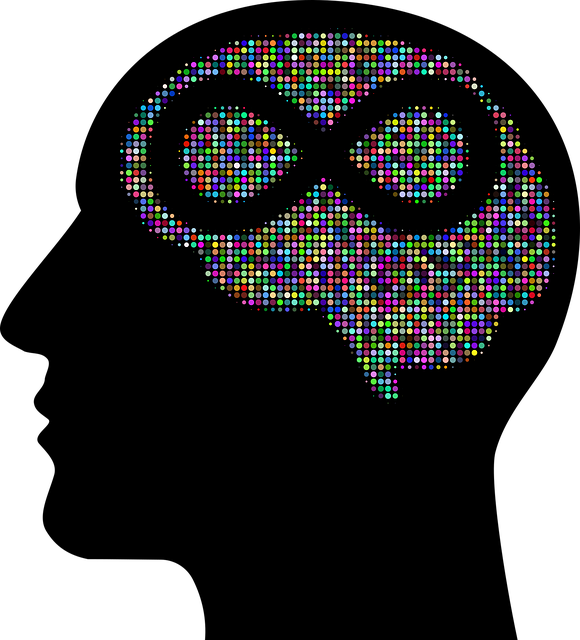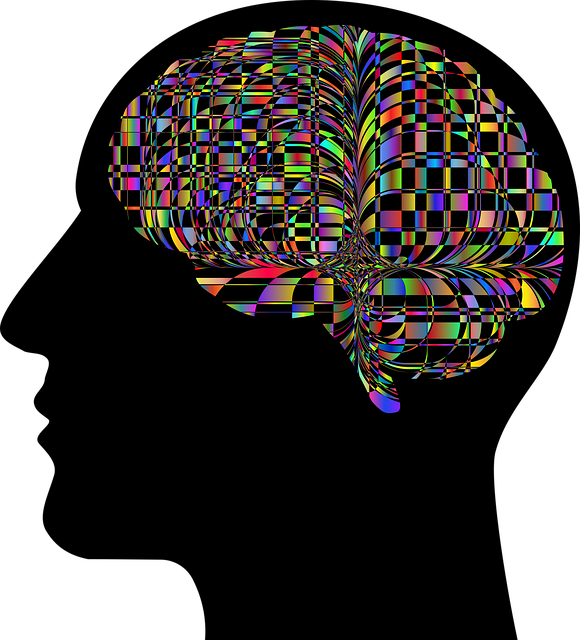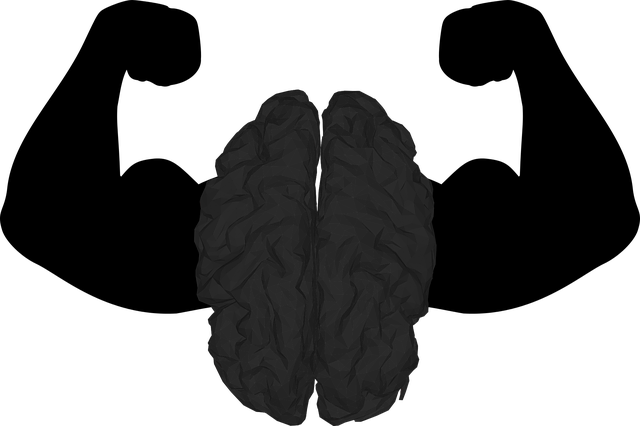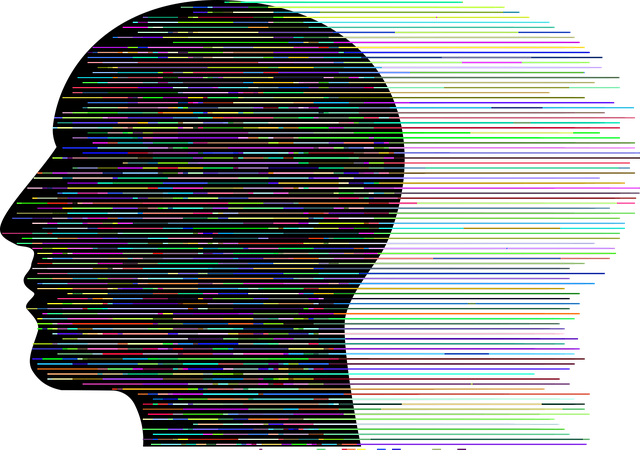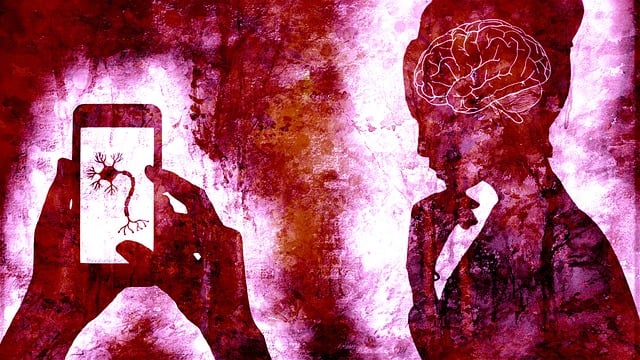Mental health professionals in Boulder, CO, have advanced diagnosis accuracy for complex conditions like bipolar disorder through research advancements, early intervention focus, and tailored treatment plans. Utilizing innovative tools, thorough evaluations, and integrated approaches, Boulder Bipolar Disorder Therapy centers offer comprehensive care that combines talk therapy, medication management, resilience-building, and education to improve patient outcomes, destigmatize mental illness, and foster a supportive community.
Mental illness diagnosis accuracy is a critical aspect of patient care. This article explores efforts to improve diagnostic accuracy, focusing on bipolar disorder, a complex mental health condition. We begin by understanding the current landscape of mental health diagnoses and highlight challenges specific to identifying bipolar disorder. Next, we discuss innovative approaches aimed at enhancing diagnosis accuracy, with a special focus on Boulder, CO, where therapy plays a pivotal role in supporting individuals with bipolar disorder. Discover how Boulder’s initiatives contribute to improved care for those navigating this condition.
- Understanding Mental Health Diagnoses: The Current Landscape
- Challenges in Accurately Identifying Bipolar Disorder
- Innovative Approaches to Enhance Diagnosis Accuracy
- The Role of Therapy in Boulder, CO: A Focus on Bipolar Support
Understanding Mental Health Diagnoses: The Current Landscape

Mental health diagnoses are complex and multifaceted, often involving a combination of symptoms, behaviors, and psychological factors. The current landscape in mental health care is characterized by a growing awareness of the nuances and complexities involved in making accurate diagnoses. In the past, conditions like bipolar disorder were sometimes misdiagnosed or overlooked due to limited understanding and the variability of symptoms over time. This has prompted a significant push for improvement in diagnostic accuracy, especially with conditions that have broad symptom presentations, such as depression.
Efforts to enhance diagnosis accuracy involve a multi-faceted approach, including ongoing training for mental health professionals on the latest research and best practices, implementation of comprehensive risk management planning, and emphasis on early intervention strategies. For instance, Boulder Bipolar Disorder Therapy centers are incorporating advanced assessment tools and individualized treatment plans to cater to each patient’s unique needs. Moreover, focusing on self-esteem improvement and depression prevention is becoming integral to these efforts, recognizing their role in enhancing overall mental health and facilitating more precise diagnoses.
Challenges in Accurately Identifying Bipolar Disorder

Diagnosing bipolar disorder accurately can be a complex task due to its subtle symptoms and overlaps with other mental health conditions. This often leads to misdiagnoses or delayed treatment, particularly in early stages when symptoms are less pronounced. The dynamic nature of bipolar disorder, characterized by periods of mania and depression, adds another layer of complexity. Healthcare professionals in Boulder Bipolar Disorder Therapy face the challenge of differentiating between these episodes and other disorders like depression or anxiety, which can share similar presentations.
The process involves a thorough evaluation, including detailed patient history, symptom tracking, and sometimes, specialized tools. Crisis Intervention Guidance, Compassion Cultivation Practices, and Trauma Support Services can play a vital role in improving diagnostic accuracy. By providing comprehensive support during assessment, these approaches aid in uncovering the full range of symptoms and personal experiences, ensuring a more precise diagnosis and personalized treatment plan for individuals navigating bipolar disorder.
Innovative Approaches to Enhance Diagnosis Accuracy

In the pursuit of enhancing mental illness diagnosis accuracy, innovative approaches are reshaping the landscape of Boulder Bipolar Disorder Therapy. Beyond traditional methods, professionals are increasingly leveraging advanced techniques that tap into the complex interplay between neurobiology and psychology. For instance, digital platforms offer remote access to specialized therapy services, widening reach and convenience. Moreover, integrating resilience-building exercises and emotional intelligence training into diagnostic routines fosters a holistic understanding of patients’ experiences and behaviors.
These efforts extend beyond diagnosis to equip individuals with empathy-building strategies, empowering them to actively participate in their treatment plans. By combining cutting-edge technology with evidence-based therapeutic practices, healthcare providers are better equipped to navigate the nuances of mental health conditions, ultimately improving diagnostic accuracy and patient outcomes.
The Role of Therapy in Boulder, CO: A Focus on Bipolar Support

In Boulder, CO, therapy plays a pivotal role in improving mental illness diagnosis accuracy, particularly for bipolar disorder. The city’s vibrant mental health community offers specialized services designed to address the unique challenges faced by individuals living with this condition. Therapy sessions focus on evidence-based practices, combining medication management with talk therapy to enhance resilience building and emotional well-being promotion techniques. By integrating educational components into treatment plans, therapists equip clients with knowledge about bipolar disorder, empowering them to actively participate in their care.
Boulder’s mental health landscape also boasts innovative programs focused on mental health education. These initiatives aim to destigmatize mental illness and foster a supportive environment through group therapy sessions, workshops, and community outreach. By combining comprehensive therapy with robust educational programs, Boulder strives to ensure accurate diagnoses and enhance the overall well-being of individuals grappling with bipolar disorder.
Mental illness diagnosis accuracy is a multifaceted challenge, as evidenced by the complexities surrounding bipolar disorder. However, through innovative approaches like advanced research techniques and integrated therapy models, significant progress is being made. In Boulder, CO, where access to specialized bipolar disorder therapy is prominent, individuals receive comprehensive support tailored to their unique needs. These efforts collectively underscore the importance of accurate diagnosis and foster a more hopeful trajectory for those navigating mental health challenges. By continuing to explore and implement effective strategies, we can ensure improved outcomes for those seeking help for bipolar disorder and other mental health conditions.
